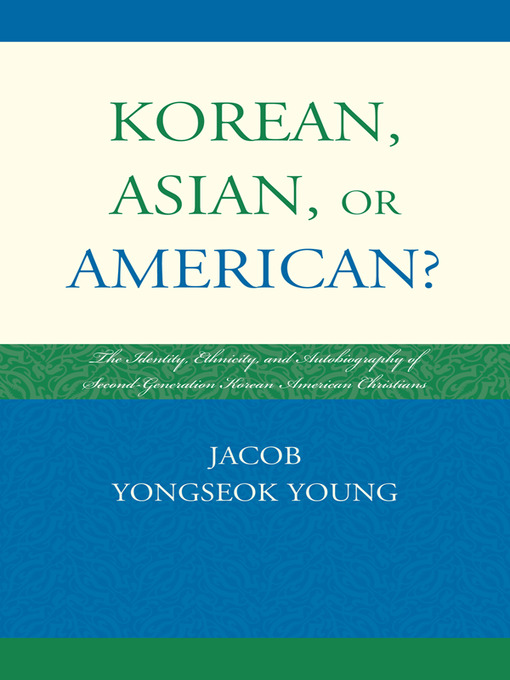- Listen! New Fiction
- Listen! New Non-Fiction
- Listen! New Fiction for Youth
- Most popular
- Available now
- Try something different
- See all
-
Description
-
Details

Kindle Book
- Release date: October 5, 2012
OverDrive Read
- ISBN: 9780761858751
- Release date: October 5, 2012
EPUB ebook
- ISBN: 9780761858751
- File size: 265 KB
- Release date: October 5, 2012
Formats
Kindle Book
OverDrive Read
EPUB ebook
subjects
Languages
English
